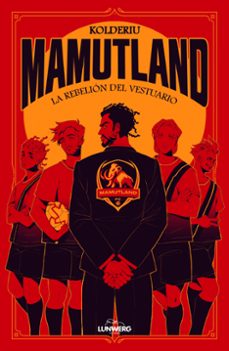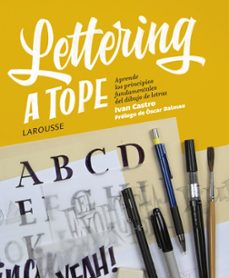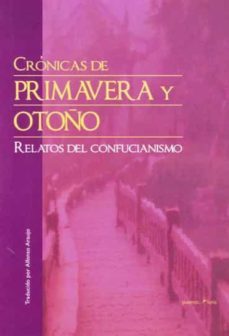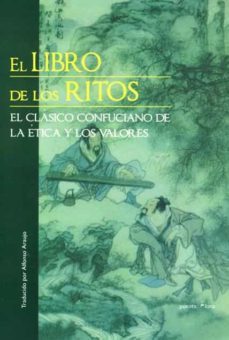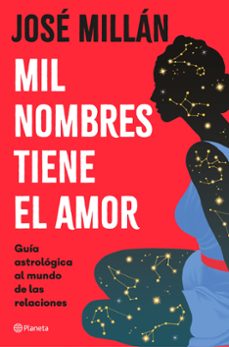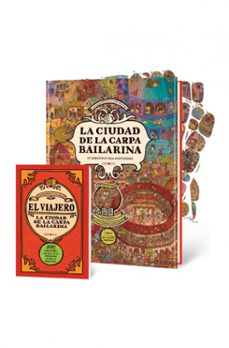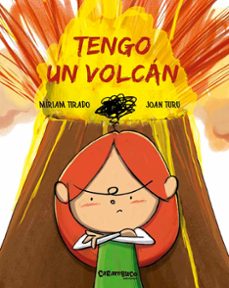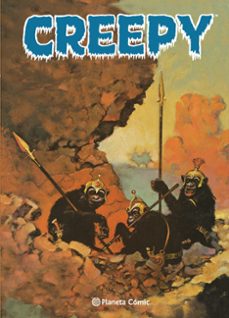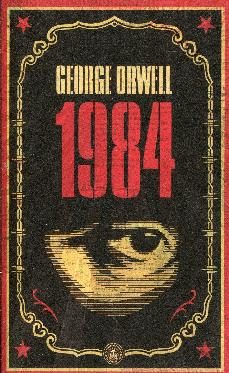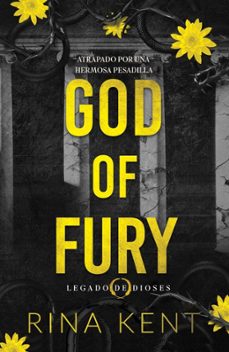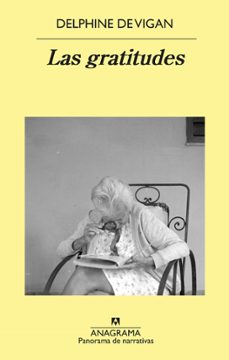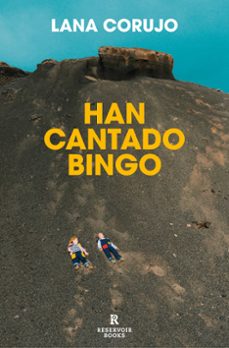📗 Libro en inglés EUROPE: AN UNFINISHED ADVENTURE
POLITY PRESS- 9780745634036
Sinopsis de EUROPE: AN UNFINISHED ADVENTURE
More than ever before, our conflict-ridden, drifting planet needs the qualities that Europe, unique among the continents, has developed in more than two millennia of history: its self-criticism, its urge to self-transcendence, exploration and experiment, its conviction that alternative and better forms of human togetherness can be achieved, as well as its dedication to the cause of seeking and promoting this improvement in practice. But today Europe is unsure of itself and its place in a fast-changing world; it is devoid of vision, limited in resources and lacking the will to pursue its vocation. It is also struggling with the consequences of a one-sided process of globalization which is divorcing power from politics, inciting the shift from the social state to security-focused governance and piling up the casualties of uncontrolled market expansion and the ethically blind commercialization of human life. Bauman argues that despite the odds Europe still has much to offer in dealing with the great challenges that face us in the twenty-first century. Through sharing its own hard-won historical lessons, Europe can play a vital role in moving from the Hobbesian-like world in which we find ourselves today towards the kind of peaceful unification of humanity that was once envisioned by Kant.
Ficha técnica
Editorial: Polity Press
ISBN: 9780745634036
Idioma: Inglés
Número de páginas: 152
Tiempo de lectura:
3h 4m
Encuadernación: Tapa blanda
Fecha de lanzamiento: 17/02/2005
Año de edición: 2004
Plaza de edición: Cambridge
Especificaciones del producto
Escrito por Zygmunt Bauman

Zygmunt Bauman (Poznan, 1925 – Leeds, 2017) va ser un sociòleg de gran reconeixement internacional. El seu camp de treball va ser la modernitat i la postmodernitat, i va formular el concepte de «modernitat líquida» que tan bé ha descrit la vida contemporània. Polonès de naixement i d’ascendència jueva, va desenvolupar una important tasca com a ensenyant a Polònia després de la Segona Guerra Mundial. El 1968 va ser expulsat de la Universitat de Varsòvia per raons polítiques; va reprendre la seva docència a les universitats de Tel-Aviv i Haifa, per incorporar-se, l’any 1971, a la Universitat de Leeds fins al final de la seva trajectòria acadèmica. A R C À D I A Munt ane r , 3 1r 1a 08011 Ba r c e lona El 2010 va ser guardonat amb el premi Príncipe de Asturias de Comunicación y Humanidades. Per la seva obra fonamental, Modernity and the Holocaust (1989), van concedir-li l’Amalfi European Prize. De la seva extensa bibliografia, Arcàdia ha publicat, entre altres: Confianza y temor en la ciudad (2006), Els reptes de l’educació en la modernitat líquida (2007, 2017), La riquesa d’uns quants beneficia a tothom? (2014), Desconeguts a la porta de casa (2016) i Retrotopia (2017).
Descubre más sobre Zygmunt Bauman Recibe novedades de Zygmunt Bauman directamente en tu email
Opiniones sobre EUROPE: AN UNFINISHED ADVENTURE
¡Sólo por opinar entras en el sorteo mensual de tres tarjetas regalo valoradas en 20€*!

